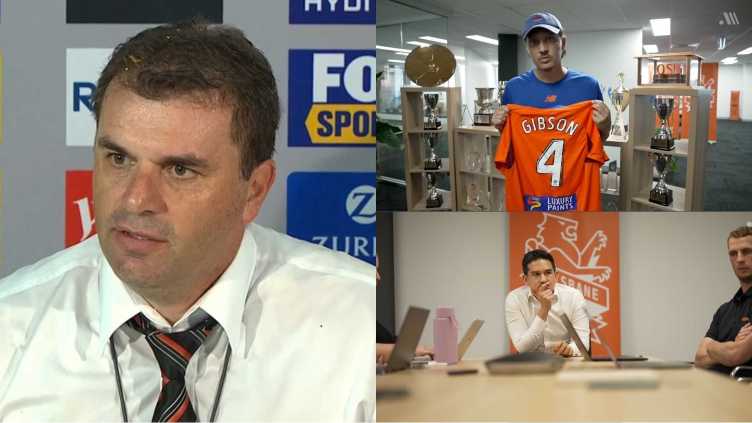Mile Sterjovski’s career brought him under a series of old-school coaches – now he’s managing his own way at Macarthur.
There was always more to Mile Sterjovski than met the eye, and the quiet achiever as a player is detailing over a coffee how that playing career – and particularly the toughest parts – is central to the way he is coaching at Macarthur.
The highs were extensive, including playing at a World Cup, Champions League ties at the likes of Manchester United and winning league titles in Switzerland.
But the lows included managerial cold shoulders, the feeling he could never do enough, and bafflement at watching coaches tear up a dressing room culture without explanation.
UNITE ROUND TICKETS ON SALE NOW: Get your tickets for the ultimate away day here

Sterjovski watched it all, said little, and absorbed every lesson of how it made him feel, ready to let those lessons influence his own coaching style – whether that was with his own kids’ U5s team or leading an A-League squad at Macarthur.
His baptism at the latter level was undeniably hard, picking up the pieces from Dwight Yorke’s angry exit last year, but this season his overhauled Bulls team is sitting near the top and facing a test of character at home to Melbourne Victory on Friday night.

As a head coach he remains one of the more quietly spoken characters you could meet, but what he does say reveals a keen observer of footballers’ human nature, especially in the context of how he was treated.
BUY TCKETS FOR MACARTHUR v MELBOURNE VICTORY HERE
The best example is his signing for Derby in 2008, brought to the then-Premier League club by manager Paul Jewell – who promptly left his new signing out of first-team calculations.
Football has always been a peculiar industry in terms of its use of its main resource, the players, when coaches can invest in signing a player but then leave them to gather dust. Sterjovski still doesn’t really comprehend why that process unfolded for him.
“I still couldn’t answer that, to be honest,” he tells KEEPUP. “I felt like I was a very good professional, I would do extras, I would stay doing more (after training) just to prove that I wanted to play and deserved to play.
“There would be times when I wasn’t playing for Derby but then I’d be called into the national team… I remember one time I think it was against South Africa, we played them in London and I played really well and scored.
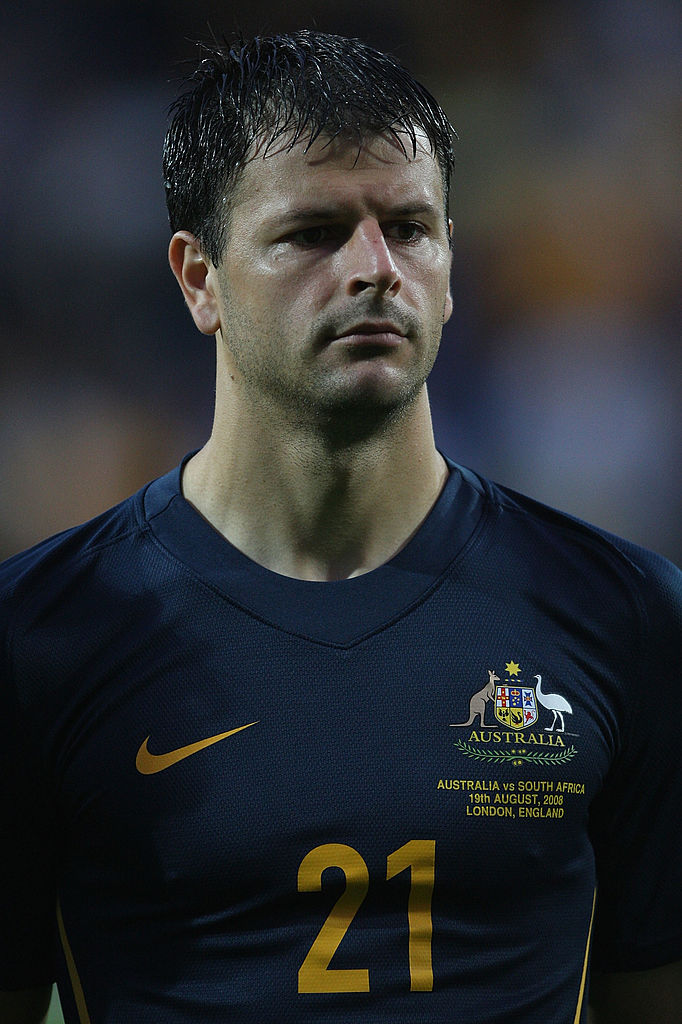
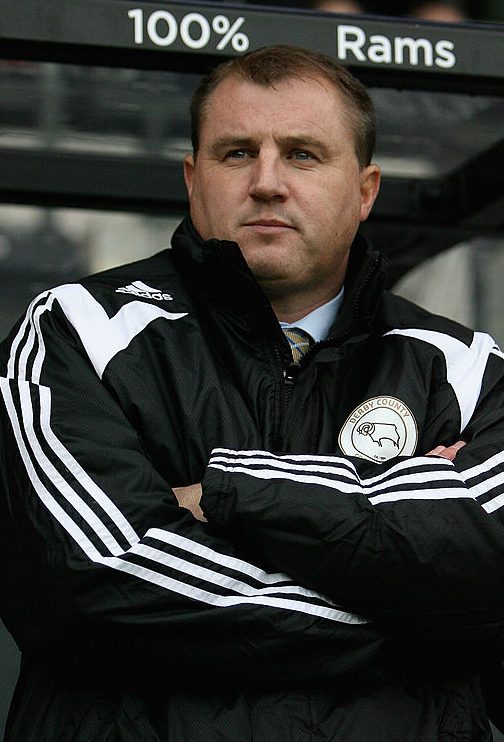
“And then I came back (to Derby) and I’m not involved with (Jewell) still. One day I thought, I’m just gonna go in and have a chat to him and say, It’s been a while now and I haven’t had a look in. I’ve been performing well, just went away with the national team and performed well.
“He said to me, ‘This is what I’ve been waiting for’. I thought, what do you mean?
“He said, ‘Well, I wanted you to come in here and tell me that you want to play for me.’
“And I thought, I don’t need to tell you the words, I’ve been showing you on the pitch. I’ve been staying back doing extras. If somebody didn’t want to be here, they wouldn’t be doing that.
“So that kind of surprised me, you know? Coaches can influence you in ways that you don’t realise. For me, it makes me look at players that are doing extras, for instance, some players don’t need to come and talk to me.”
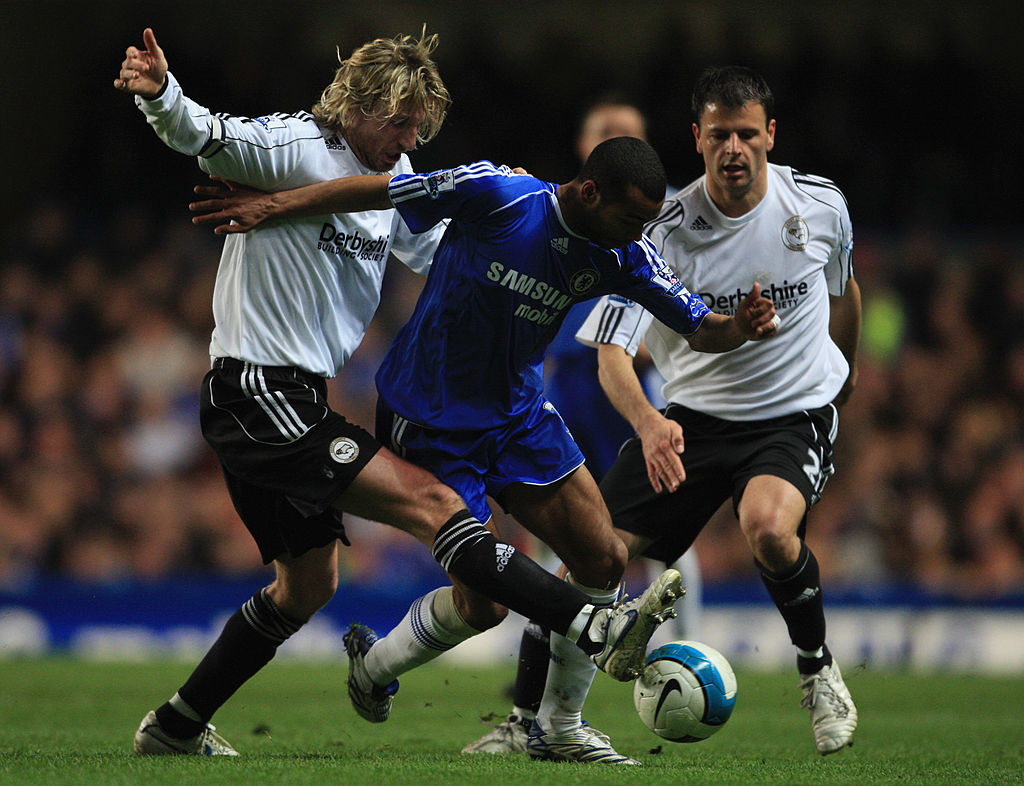
The memories are still strong, and are very influential in his own coaching – the bad and the good, including the intensity of a World Cup under Guus Hiddink.
“I look out for that sort of stuff,” Sterjovski says. “Each coach I’ve had, they’ve had their own ways of doing things and, you know, there’s things that I agree with, there’s things that I don’t, but there’s always something you can take away.
“The biggest thing I picked up from Hiddink was his man management. He knew how to treat each player, there’s some that needed a blasting and he would do that. Some players you needed to put your arm around.”
It’s impossible not to ask which treatment Sterjovski got from Aussie Guus: “I was an in-between! At times he saw that I needed an arm around me and at times I needed a bit of a kick. I was able to take it each way, which was fine.”
***
Derby was Sterjovski’s last port of call in his European career, after successful periods in France, Switzerland and Turkey, and the interesting thing is the character of manager he seemed to keep playing under.
He was at Lille when Claude Puel, who would go on to manage Southampton and Leicester in the Premier League, came in and started dismantling a Ligue 1 squad that had just played in the Champions League.
“Puel was very hard, he knew what he wanted,” recalls Sterjovski who was only 23 then. “When I first had him, I was still very young and I wish I would have dealt with things differently.
“I took things to heart where now, if I put my coach’s hat on, I realise he was just trying to get the best out of me and the best out of his team.
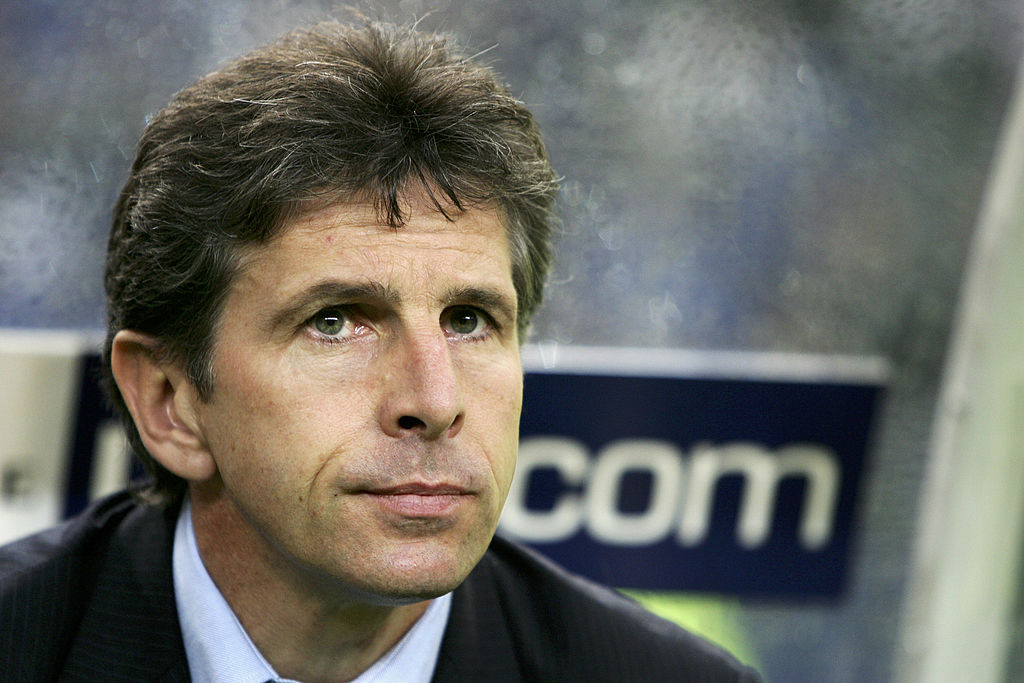
“So I thought he was a bit hard on me at times. I felt like when he came in, he was bringing in his own players and we had a good squad that had played Champions League.
“It felt to me like he was getting rid of the foundation of the success at Lille. But actually he was just bringing people in that suited his style and what he needed. So in the end, he proved to be right.
“I wish I would have realised that earlier because it took a while, I didn’t play for the first few months, but then I knuckled down and then I started to become a regular starter for him – but it took a lot out of me.
“In the end he did try to help me to stay in France, which was an option, but I ended up choosing to go to Basel.”
There he was signed by Christian Gross, who was rebuilding his reputation after a disastrous year at Tottenham by winning multiple trophies in Switzerland.
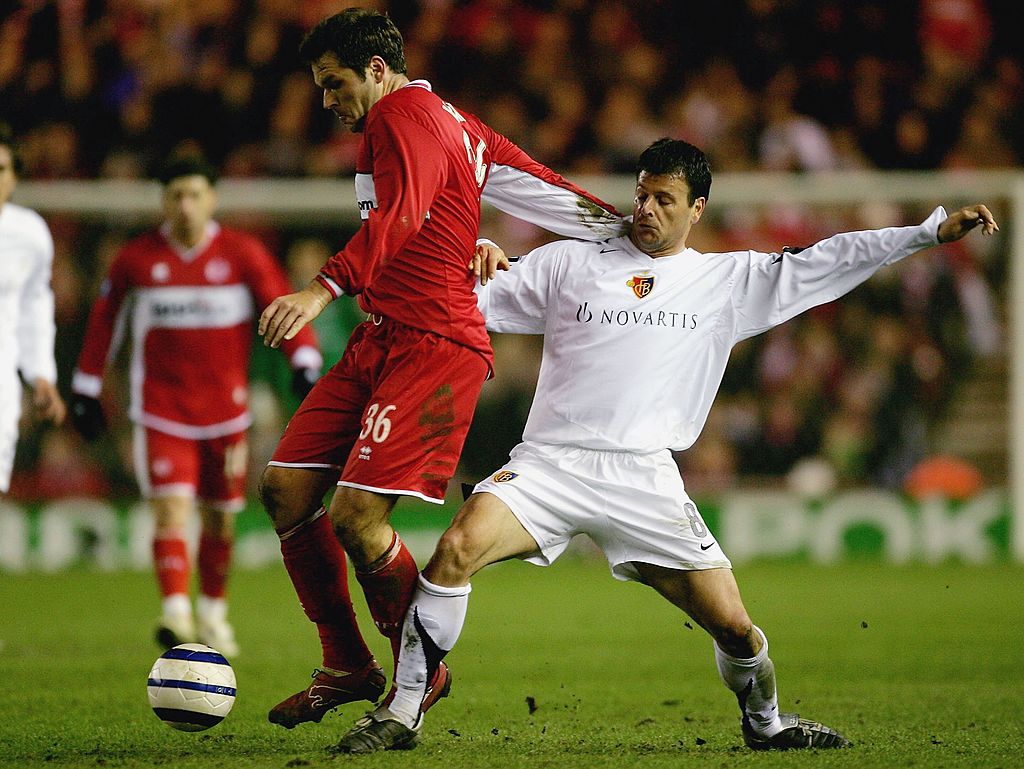
“He was just driven by success, right? He didn’t seem to be a coach who would get close to players, he would do anything and everything to make sure he was successful.
“In Switzerland he had an amazing career especially with Basel. He did really well, you know, they played Champions League so often. In my time we won the cup, we won the league, we finished second.
“He knew what he wanted and he wouldn’t let anything get in the way of that.”
But the world has changed, and managers often speak of the need to evolve – the infamous “hairdryer” style, as personified by Sir Alex Ferguson, doesn’t work on the mentality of young players now.
It’s hard not to think that as a player himself Sterjovski needed the arm-around-the-shoulder approach but kept getting the old-school hard men.
But ironically, Sterjovski’s understated style as a manager maybe more in tune with what’s required in the 21st century to get the best out of a squad.
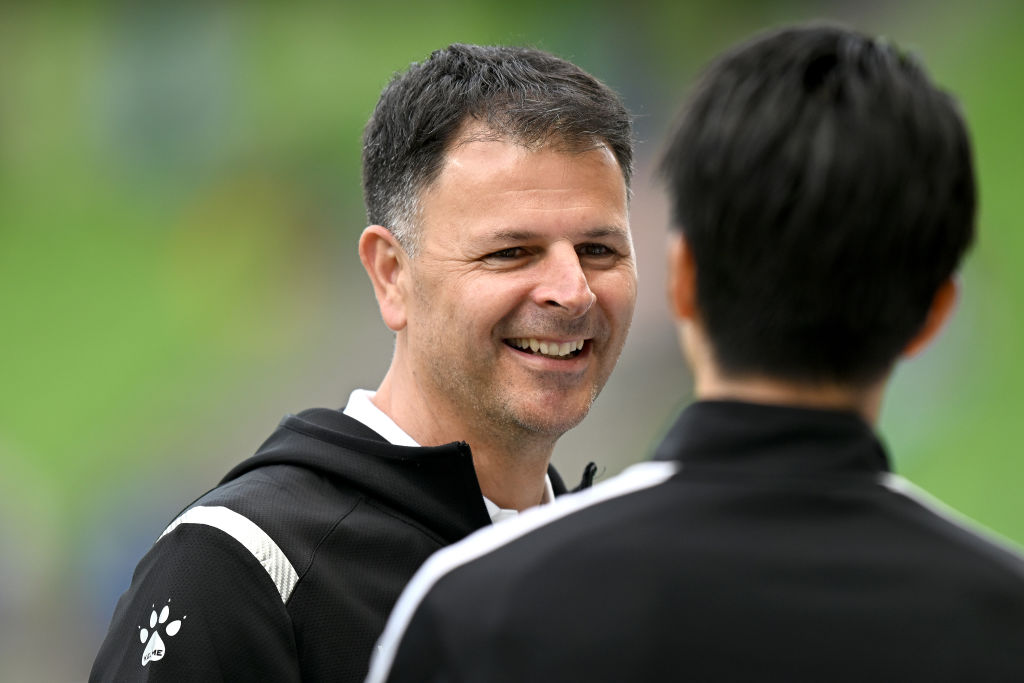
“That’s the biggest thing, I find that the mentality has changed,” Sterjovski agrees. “I’ve been fortunate enough that within my coaching career, I started off coaching really young kids.
“I’ve gone all the way through from coaching my kids at 5,6, 7, 8, every age through to NPL seniors and now the A-League.
“So I think that’s helped me deal with different personalities. I guess time will tell if I get it right or how the players respond.
“Choosing a staff that compliments me, that’s very important. Having Christoph (Gamel) and Matt (Smith) on my staff as my assistants, they complement me really well.
“Christoph recognises when I’m not being aggressive and maybe it needs to be done, he’ll step in – or vice versa, when I am aggressive, he’ll be the one who calm things down.
“The balance is right there. It’s all about the balance.”


